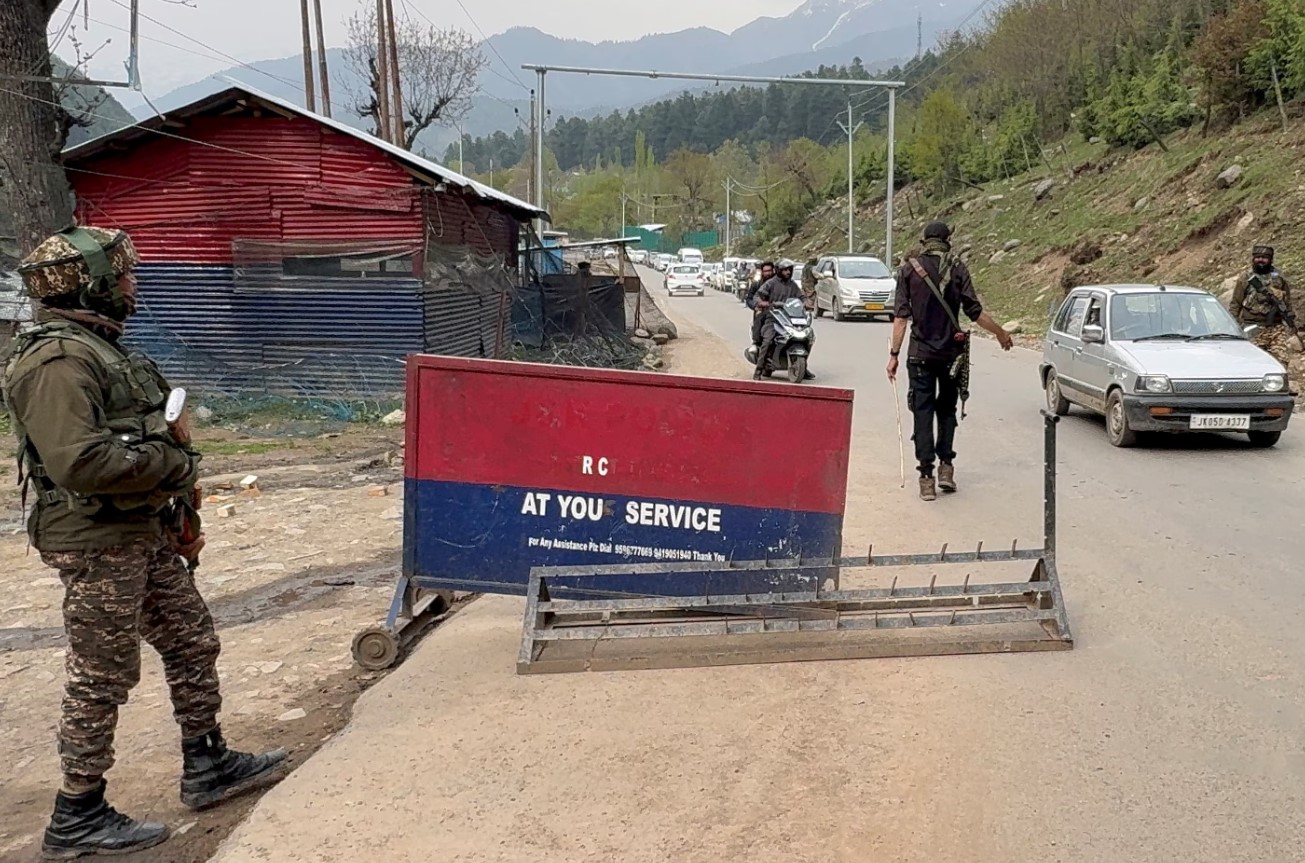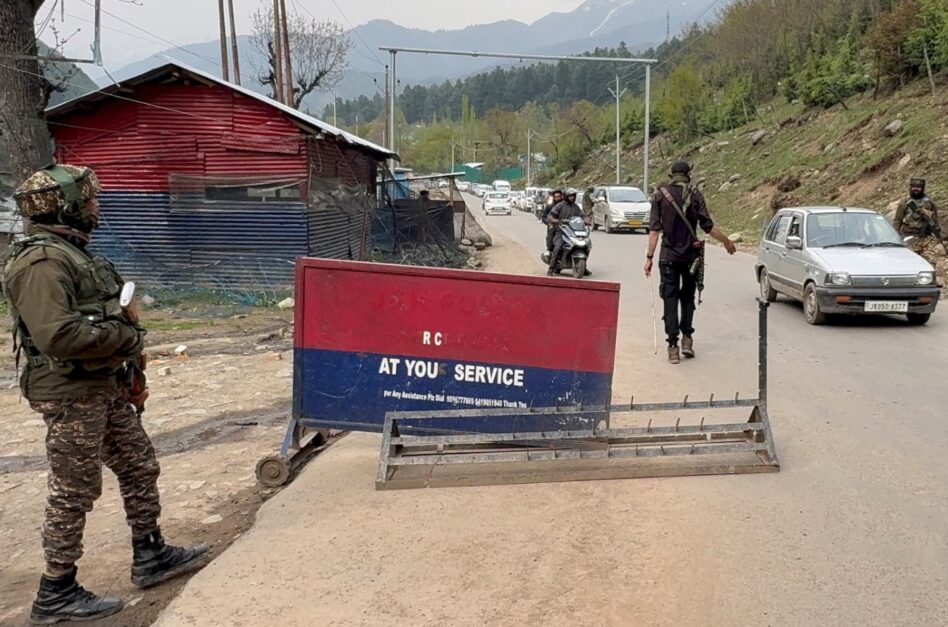THE terrorist incident that occurred in Baisaran Valley, Jammu and Kashmir, on April 22, 2025, resulting in the deaths of 26 Indian tourists and injuries to over 20 others, has reverberated throughout South Asia and beyond.
This attack marks the most lethal act of terrorism in India since the 2008 Mumbai attacks and poses a significant risk of escalating the already delicate India-Pakistan relationship into open conflict.
Unlike previous confrontations, this situation carries heightened regional and global ramifications, especially for the Indo-Pacific, a region now acknowledged as the strategic epicentre of the 21st century.
Malaysia, positioned centrally within this shifting geopolitical landscape, cannot afford to remain a passive observer of this crisis.
The widening divide between India and Pakistan threatens to alter regional security dynamics, realign diplomatic partnerships, and challenge the relevance of ASEAN.
As tensions rise between these two nuclear-capable nations, the repercussions will inevitably extend throughout the Indo-Pacific, increasing the stakes for countries like Malaysia that are becoming more intertwined with the region’s economic and security frameworks.
A conflict that can no longer be contained
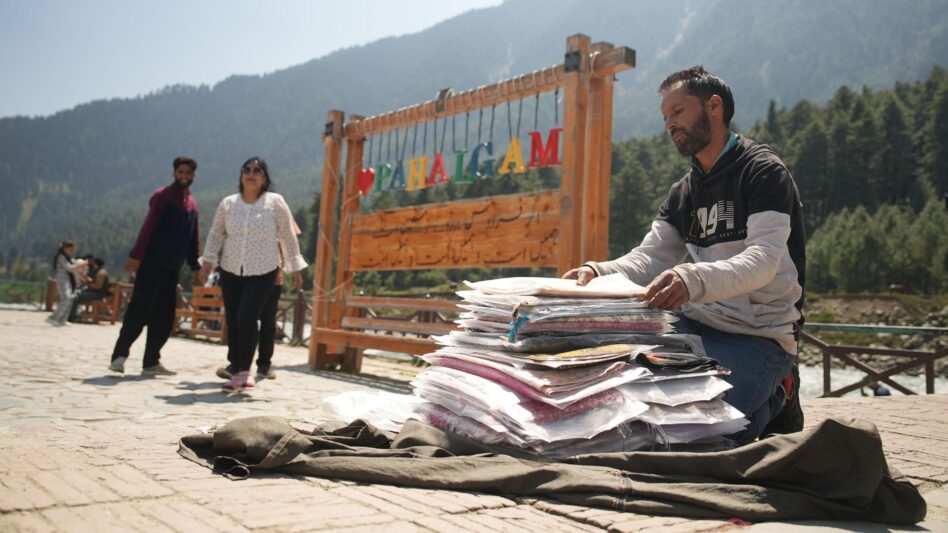
In contrast to previous localised conflicts, the Kashmir crisis of 2025 has swiftly gained international dimensions.
Following the attack, India has halted the Indus Waters Treaty, expelled Pakistani diplomats, and increased military presence along the Line of Control.
In retaliation, Pakistan has closed its airspace to Indian aircraft and has threatened to terminate bilateral agreements, including the Simla Agreement.
The rapid escalation of tensions has raised alarms not only in South Asia but also in major global capitals such as Washington, Beijing, and Moscow, as well as in key ASEAN nations.
In a time when global supply chains and security issues are intricately linked, the potential for war between India and Pakistan transcends regional boundaries.
Both nations play crucial roles in trade routes, energy corridors, and emerging security partnerships that extend from the Persian Gulf to the Pacific Ocean.
Consequently, a prolonged conflict or, even more alarmingly, a limited nuclear confrontation could disrupt the international security framework, destabilise global markets, and undermine years of diplomatic efforts in the region.
The Indo-Pacific: A fragile balancing act
The Indo-Pacific is already a region under strategic strain. The US-China rivalry has led to a proliferation of defence pacts and maritime alliances: the Quad (India, Japan, Australia, and the US), AUKUS, and ASEAN’s Indo-Pacific Outlook.
India is a cornerstone of many of these frameworks, especially as Western nations seek to counterbalance China’s growing influence. Any military confrontation involving India would divert its strategic focus inward and weaken the coherence of these multilateral groupings.
For Malaysia, this poses multiple dilemmas. As a founding member of ASEAN and a nation committed to a “neutral and non-aligned” foreign policy, Malaysia depends on a stable Indo-Pacific for its economic and security interests.
Over 80% of its trade flows through the Strait of Malacca, a choke point that could be impacted by any major conflict in the region.
Malaysia is also actively engaged in maritime security efforts in the South China Sea efforts that require regional cooperation, not fragmentation.
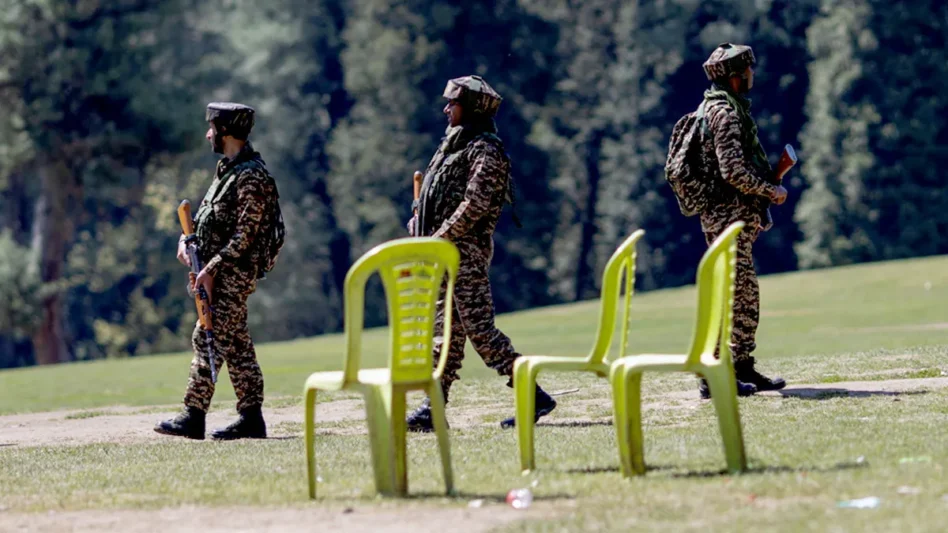
If India is drawn into a prolonged conflict with Pakistan, it may reduce its engagement with Indo-Pacific initiatives, thereby weakening the region’s collective security mechanisms.
China, conversely, could capitalise on the vacuum to deepen its influence in South and Southeast Asia tilting the power balance in ways that could be uncomfortable for middle powers like Malaysia.
Malaysia’s role in a new strategic equation
Malaysia must acknowledge that the ongoing India-Pakistan crisis serves as a critical evaluation of its diplomatic flexibility and significance within the region.
Traditionally, Malaysia has aimed to mediate and foster peace in international disputes, exemplified by its facilitation of discussions between conflicting parties in the Philippines and southern Thailand, as well as its advocacy for Palestine on a global platform.
At this juncture, Kuala Lumpur must deliberate on how it can effectively contribute to the de-escalation of tensions in South Asia while safeguarding its diplomatic relationships and avoiding geopolitical repercussions.
In recent years, Malaysia’s ties with India have significantly strengthened, highlighted by the establishment of the Comprehensive Strategic Partnership in 2024 and a security dialogue in 2025 that emphasises counterterrorism and cybersecurity.
Concurrently, Malaysia enjoys amicable relations with Pakistan, often influenced by shared religious affiliations and economic collaboration.
Instead of aligning with one side, Malaysia ought to utilise its diplomatic influence to foster a regional dialogue within the framework of ASEAN.
Additionally, it can collaborate with allied nations such as Indonesia, Singapore, and Japan to advocate for a ceasefire and encourage the revival of bilateral discussions between India and Pakistan.
Most crucially, Malaysia should advocate for the revitalisation of multilateral conflict-resolution frameworks, including those facilitated by the United Nations and the Non-Aligned Movement, both of which include India and Malaysia.
A wake-up call for ASEAN and the Global South
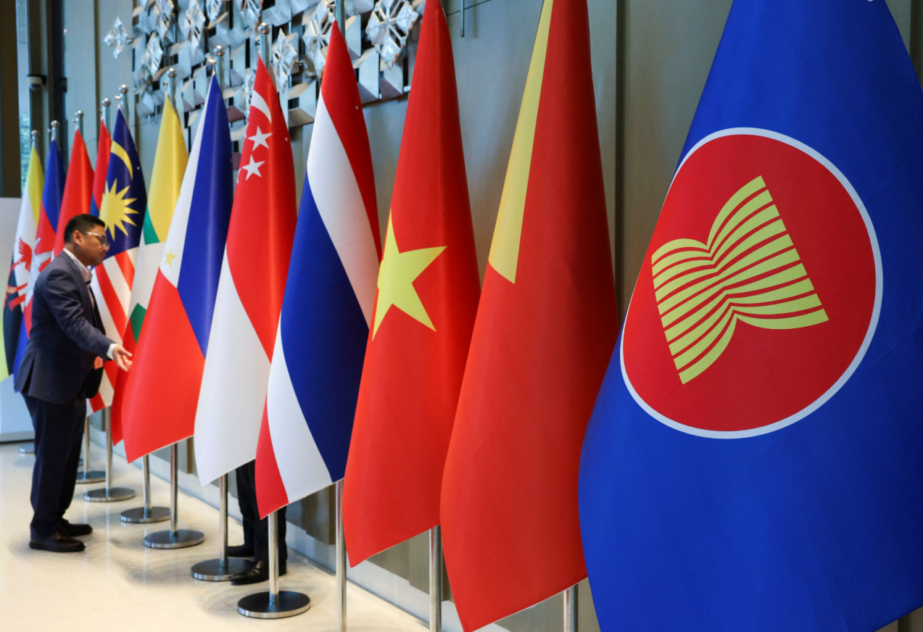
This crisis acts as a crucial reminder for ASEAN, whose principle of non-interference frequently obstructs prompt collective responses.
As the Indo-Pacific region becomes more militarised and unpredictable, ASEAN must transition from a passive consensus-builder to an active advocate for peace.
Malaysia, with its historical role in diplomatic leadership, can facilitate this transformation. Furthermore, the India-Pakistan conflict has the potential to involve external powers such as the US, China, and Russia, each with vested interests in the area.
If not managed effectively, this situation could escalate into a new form of Cold War-style proxy conflict, jeopardising smaller nations caught in the turmoil.
For the Global South, including Malaysia, the implications are significant: it is essential to avoid binary alliances and instead foster coalitions that emphasise regional autonomy, conflict resolution, and multilateral governance.
The Kashmir attack of 2025 represents not only a devastating act of terrorism but also a pivotal moment in strategic dynamics. In the context of the Indo-Pacific, it poses a risk to the fragile diplomatic and security frameworks established over the years.
For Malaysia, this situation offers both a challenge and a chance to emerge as a proponent of reason and reconciliation amid increasing instability.
By advocating for peace, maintaining neutrality, and strengthening regional collaboration, Malaysia can play a crucial role in navigating this crisis, benefiting not only itself but also a region whose future is precariously uncertain. – April 29, 2025
R. Paneir Selvam is the principal consultant of Arunachala Research & Consultancy Sdn Bhd, a think tank specialising in strategic national and geopolitical matters.
The views expressed are solely of the author and do not necessarily reflect those of Focus Malaysia.
Main image: Reuters



